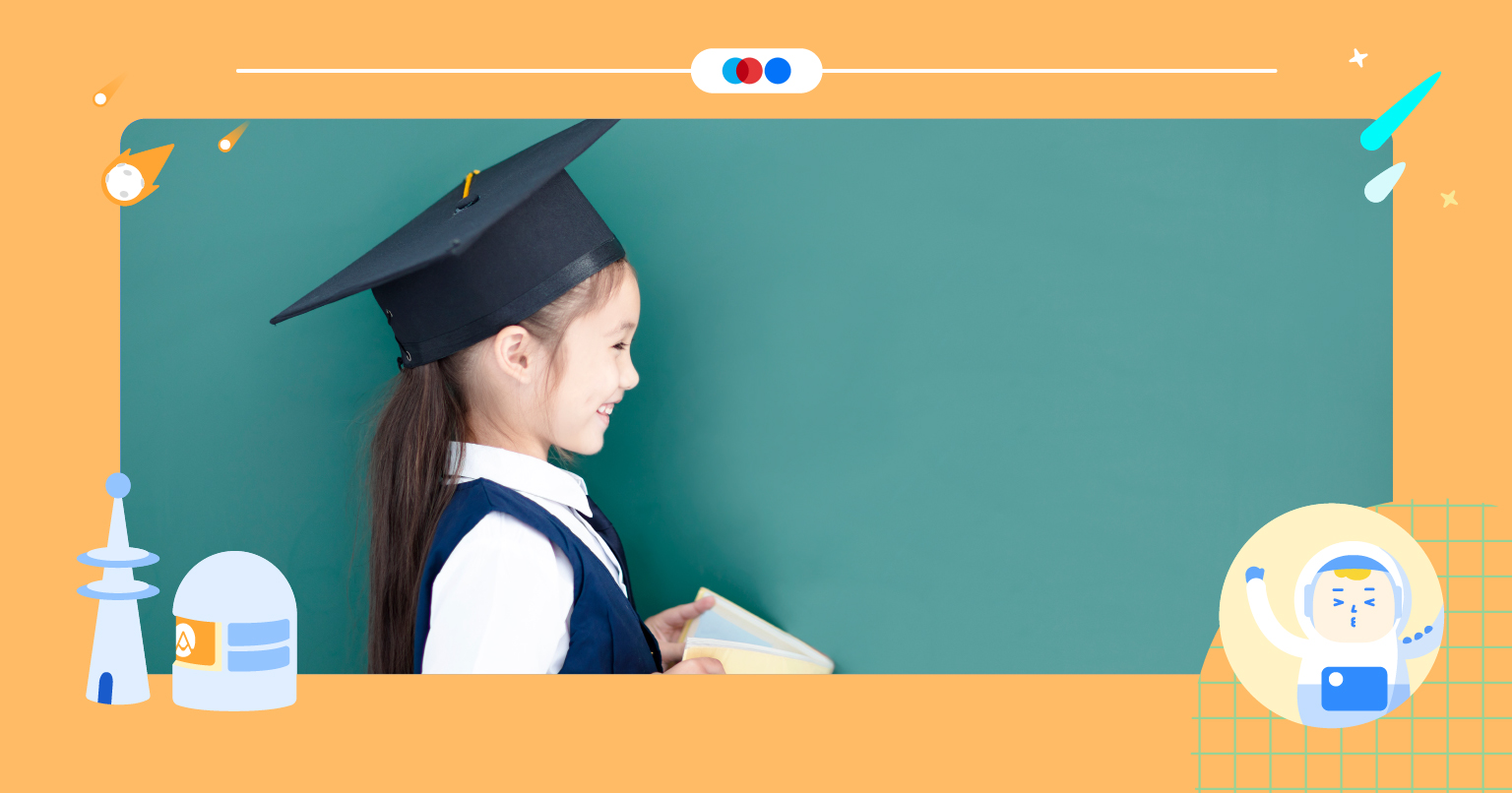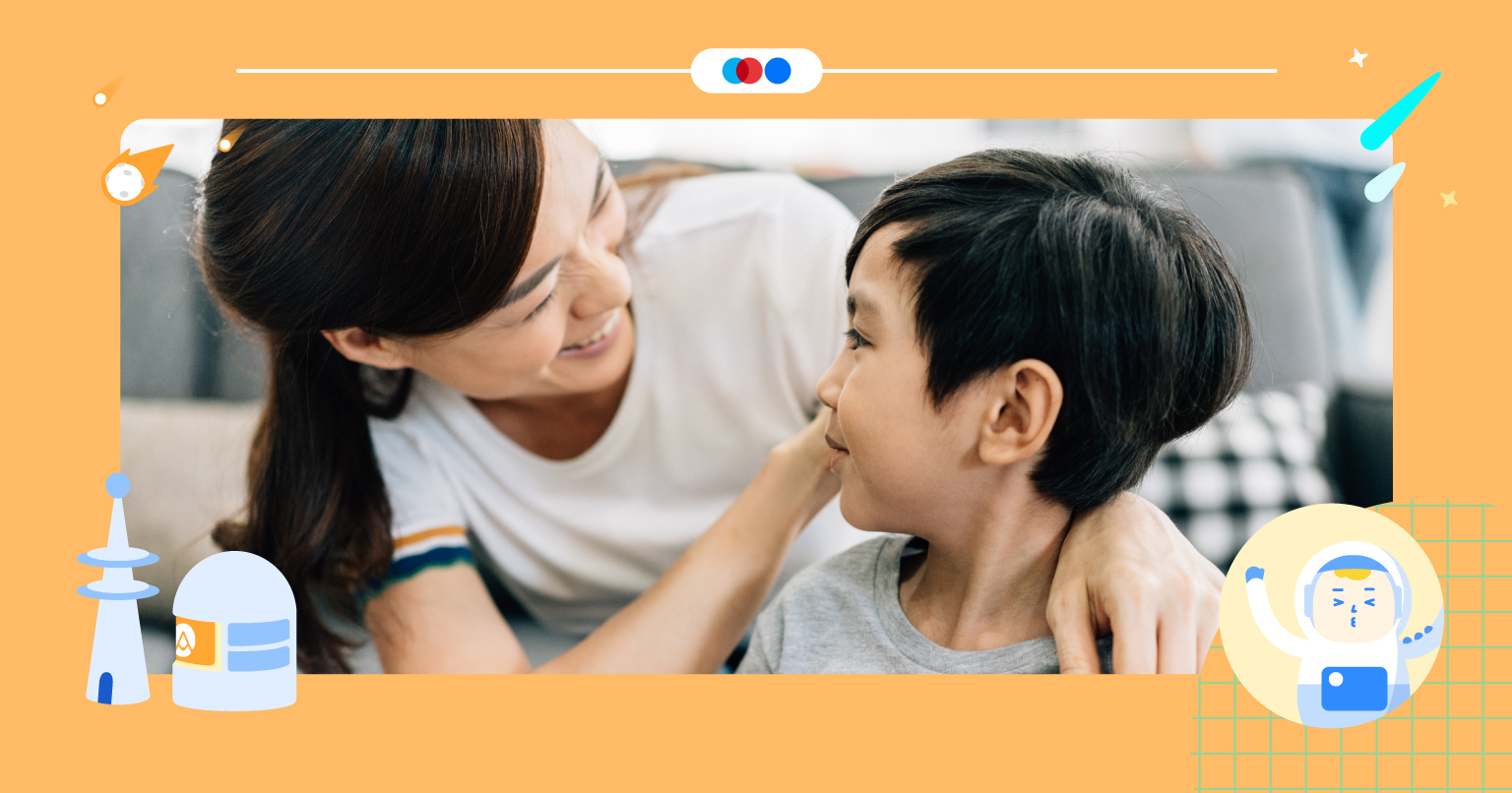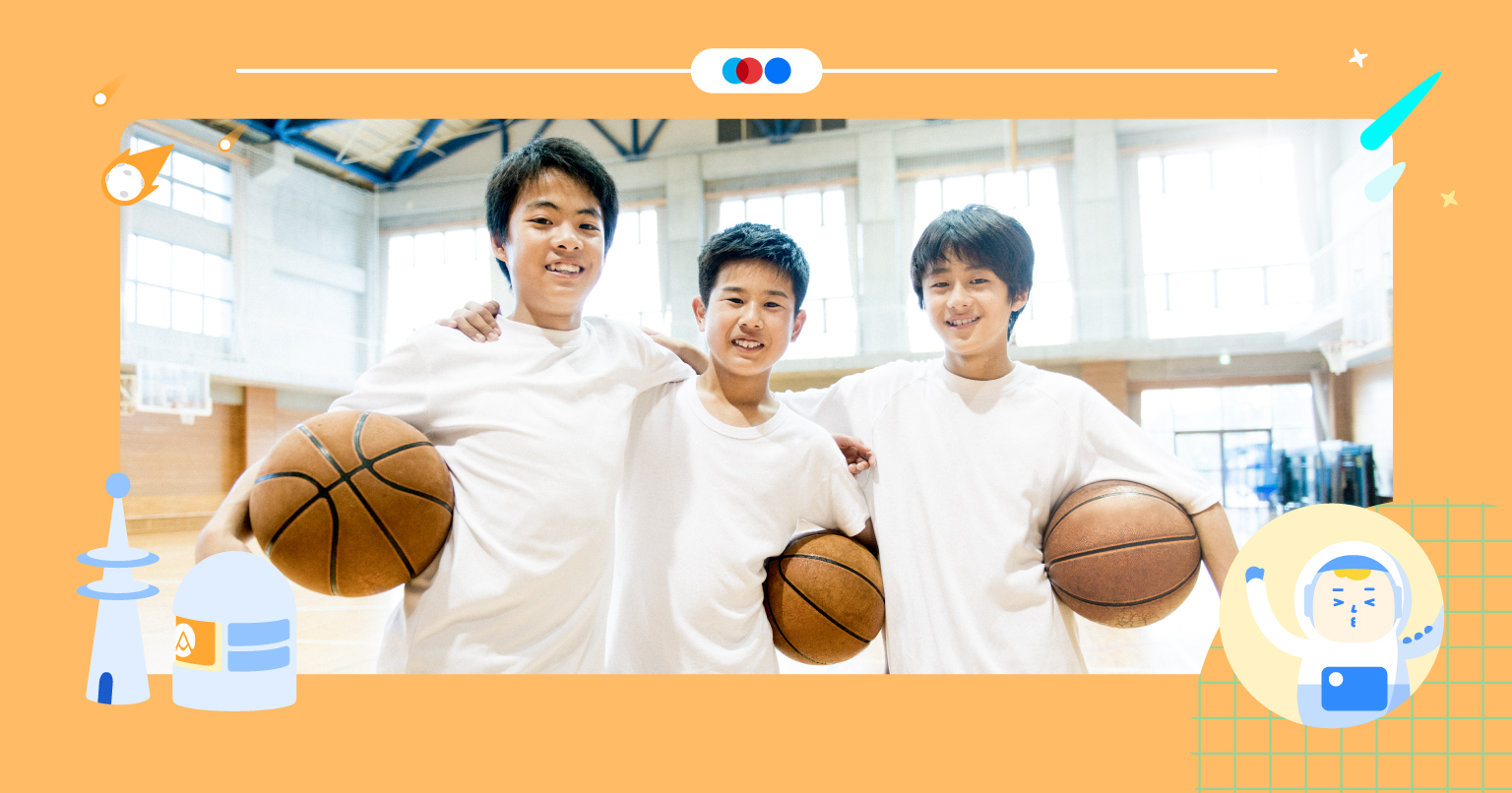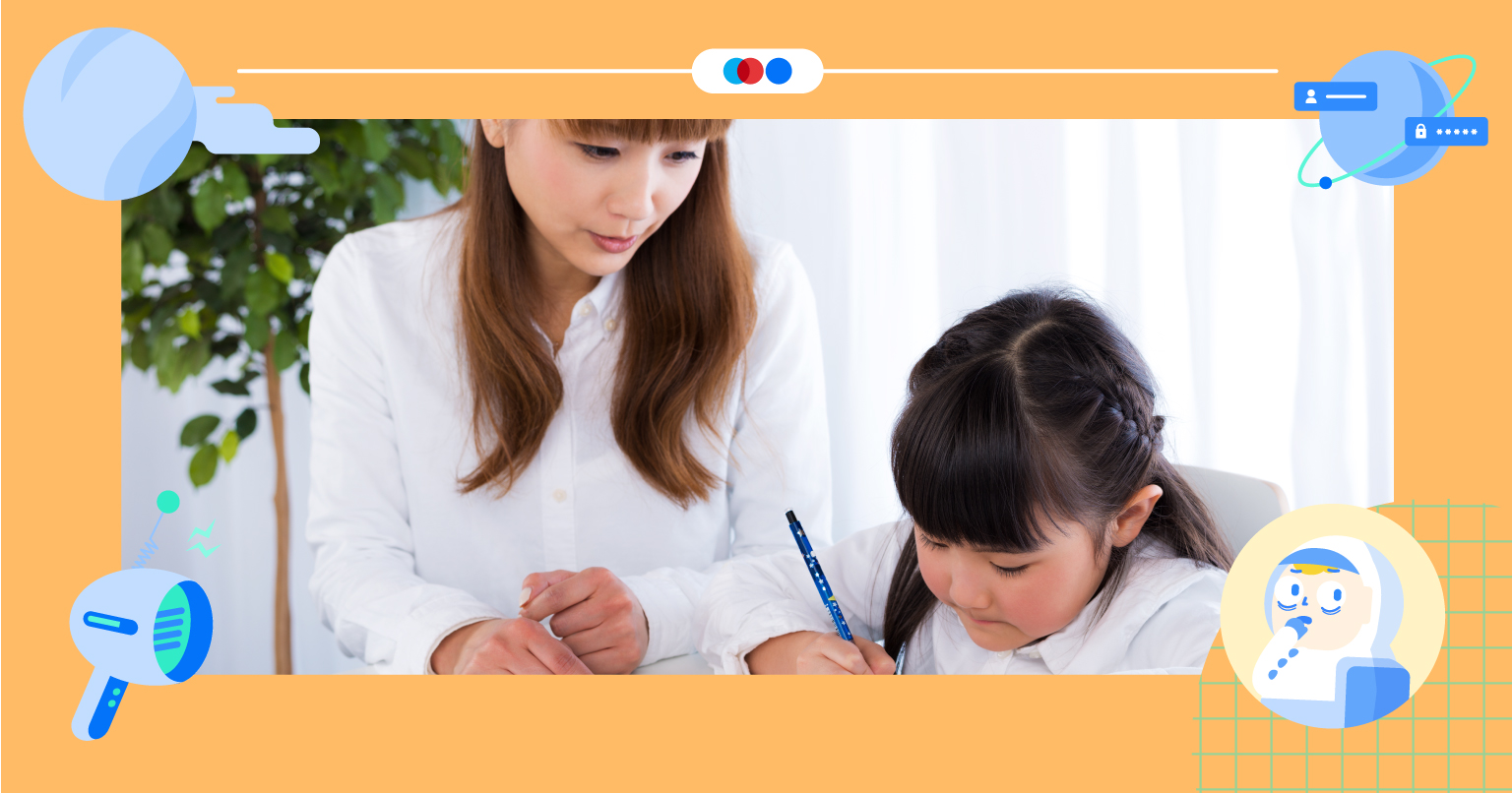Learn More About The Gifted Education Programme In Singapore

Carey Tan
17 Jul 2020

You may have heard many people buzzing about this but what really is this programme about? This article will provide the answers to all your questions about GEP to keep you informed and in the loop about the programme the Ministry of Education has put in place for your children.
From the purpose of this programme to the selection dates, read on to find out more!

What is GEP?
The Gifted Education Programme has been implemented by the Ministry of Education since 1984. As the Singapore education system strives to cater to the needs of learners of all speeds and types, this programme has been put in place to nurture and cater to the needs of students with higher intellectual abilities.
This programme selects the top 1% of the Primary Three cohort every year.
This programme aims to “develop intellectual rigor, humane value and creativity”, according to the MOE website. While this programme is highly selective, it is aimed at helping naturally faster-paced students to reach their full potential. MOE discourages parents from sending their children for classes targeted at the GEP identification process.

How is the GEP different from the normal Primary school programme?
GEP students will still have to sit for PSLE in Primary 6 so the GEP programme is built on the regular MOE syllabus to ensure that the students are prepared for PSLE while given more opportunities to further their learning process.
There are 4 different areas of the enrichment curriculum:
| CONTENT ENRICHMENT | PROCESS ENRICHMENT | PRODUCT ENRICHMENT | LEARNING ENVIRONMENT |
|---|---|---|---|
| Students will learn more in terms of breadth and depth in the 4 subjects at Primary school level - English, Mathematics, Science, Mother Tongue. Students are also encouraged to make inter-disciplinary connections and apply their knowledge to real-life situations. | Students will be given the opportunity to develop different skills such as their critical thinking and problem-solving abilities. | Students will be encouraged to take on more project-based assignments to reflect the real-world variety of presentations. | Students will be given chances to learn outside their classrooms with more field trips and out-of-school attachments. |
They will also be encouraged to take risks.
The GEP students will be using the notes made by the GEP teachers of the respective schools. Besides Mother Tongue subjects, the students will not be using any textbooks or workbooks. The teachers will also be teaching at a faster pace with more advanced concepts.
Individualised study Options (ISO) is a term introduced for the different types of project work available for GEP students. In Primary 4, all GEP students will be taught the core research skills such as data analysis, report writing, etc. In Primary 5 the students will have to choose the ISO they would like to take part in.
There are many different projects the students can choose from and each of them nurtures and cultivates different skills. These projects will not be graded. Instead, they will be showcased to the school on various platforms. This is an opportunity for GEP students to harness skills outside of the academic sphere.
Click here to find out more.

How do students get selected for this programme?
All Primary 3 students enrolled in government and government-aided schools are eligible to take part in the identification process for GEP. The GEP identification process is split into 2 different processes.
| Stage | Month | Participants | Papers |
|---|---|---|---|
| Screening | August | Primary 3 students enrolled in government and government-aided schools | English language, Mathematics |
| Selection | October | Students shortlisted from the screening exercise will take part in the selection process | English language, Mathematics, General Ability |
If your child is selected for the GEP programme, a letter of invitation will be given to your child from the school. There will be a briefing for parents of the GEP students in early November.

Which Primary Schools offer GEP?
While all primary school students will go through this exercise, not every Primary School in Singapore offers this programme. Only 9 schools in Singapore offer this programme. If your child is not from the following schools, but is selected for this programme, they will have to transfer to any of these 9 schools.
- Anglo-Chinese School (Primary)
- Catholic High School (Primary)
- Henry Park Primary School
- Nan Hua Primary School
- Nanyang Primary School
- Raffles Girls’ Primary School
- Rosyth School
- Saint Hilda’s Primary School
- Tao Nan School
Click here for more information.

When does the GEP selection take place?
For 2020, these are the tentative dates for the identification process:
- GEP Screening Exercise - 14 August 2020
- GEP Selection Exercise - 20 to 21 October 2020

Some common misconceptions about GEP
1. If my child gets into GEP, he/she will do well for PSLE
This is not true. The GEP programme builds on the regular MOE syllabus for the 4 subjects that are being tested in PSLE. However, this does not mean that the GEP students are getting more lessons or more materials to help them prepare for PSLE.
The GEP programme includes more information, delving deeper into the concepts taught in the syllabus to allow these GEP students to learn more than what will be tested during PSLE. However, this does not necessarily guarantee that they will do better during PSLE.
GEP is not an intensive programme to ensure all GEP students do well in PSLE. It is a programme to teach the students more skills and concepts outside of the regular syllabus.
2. I should send my child for GEP preparation classes so that he/she can get into GEP
The GEP identification test is not an academic test. It aims to identify students who naturally have higher intellectual abilities. Even if sending your child for GEP preparation classes may help them to get into the programme, they may struggle to keep up with the classes if it is not their natural potential.
This may do more harm than good for your child. Not only will they struggle with the additional content and faster pace, it may also cause them to lose their confidence and put them under undue stress at a young age.
3. If my child does not get into the GEP programme it means that he/she is not smart enough
This is the most untrue. Different students develop at a different rate. Just because your child has not been selected by GEP does not mean that they are not smart or good enough. There is a wide range of intellectual abilities, the GEP only caters to a small percentage of high intellectual abilities and should not act as a benchmark for you to determine your child’s abilities.
Besides that, different children excel in different aspects. As parents, we ought to aim to observe and help them reach their fullest potential rather than to try and mold them in a specific manner.
4. If my child does not get into GEP, they will not be able to excel academically in the future
Once again, different students mature and develop at different speeds. GEP can only sieve out students who have a high intellectual ability at 9 years old. Your child’s development does not stop there; they will continue to develop. Hence, GEP is not the benchmark to decide or discern whether or not your child will excel academically in the future.
With all this information, I hope that you are now more informed. If you hear any of these misconceptions about GEP, or anyone who needs more information on GEP, share this article with them!
Do you have any questions? Let us know via Snapask’s Instagram, Facebook, and Twitter. If you're new to Snapask, don't forget to check us out!
Recommended

The Ultimate Guide To P1 Registration For 2021
Here is what you need to know about P1 registration 2020! Important dates and how to go about doing it.
Carey Tan24 Jun 2020
5 Benefits Of Joining CCA In Primary School
CCA is one of the best ways to develop and benefit your child. Learn more about this in our article!
Snapask Team6 Aug 2020
Pros And Cons Of Tuition Classes In Singapore
What are the advantages and disadvantages of tuition classes in Singapore? Let's find out!
Snapask Team19 Jun 2019
Here Is What You Need To Know About SIM-only Plans VS Post-paid Plans
With the recent surge in popularity of SIM-Only mobile plans, many people are left in a dilemma as to whether they should make the switch from their conventional postpaid mobile plans.
Snapask Team20 Dec 2021
7 School Holiday Activities To Check Out This March [2022]
If you are fretting over where to go with your children this March holidays, read on to find out about 7 school holiday activities in Singapore you can't miss!
Snapask Team10 Mar 2022
Reasons Why You Should Or Should Not Encourage Your Teen to Drink Alcohol
Consuming alcoholic beverages has often been associated with “cool” and “popular” connotations among youths as it is a drink that can only be consumed by adults. Based on the Singapore Mental Health Study in 2016, 13.7% of Singaporeans binge drink, with youths (age 18 to 34) more likely t…
Snapask Team24 Mar 2021

